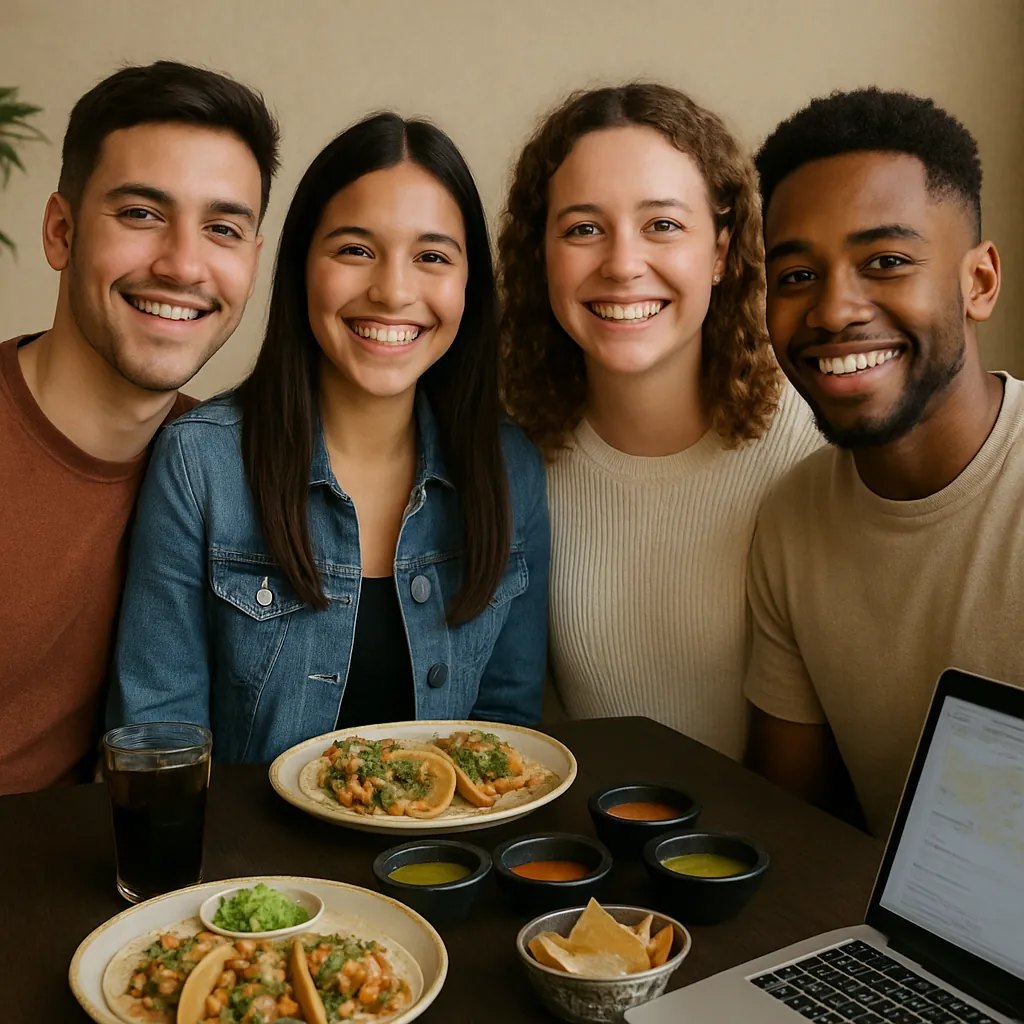In the crowded digital market, restaurants are not only competing for a spot on the street but also for visibility on the search engine results page. This digital visibility is paramount as it serves as the first point of contact between a restaurant and potential diners.
A well-orchestrated SEO strategy, especially through blogging, can make the difference between a hidden gem and a community hotspot. Let’s delve into how blogging can significantly improve a restaurant’s SEO efforts.
The Essence of SEO in the Culinary World
SEO for restaurants transcends mere online visibility; it’s about creating an irresistible digital narrative that attracts diners. Through strategic use of keywords, optimization of local SEO, and the creation of engaging content, restaurants can ensure they are not only found but also chosen by hungry customers.
Understanding the Role of SEO:
SEO acts as the beacon guiding potential diners through the vast digital landscape directly to your restaurant’s digital door. Leverage the power of search engines to make your restaurant easily discovered by those seeking culinary adventures.
The Culinary Blog: A Feast for Search Engines
A culinary blog is not just about sharing recipes or stories; it’s a strategic tool that can significantly improve a restaurant’s SEO performance. Providing fresh content, incorporating keywords, enhancing engagement, and facilitating link building, blogging can dramatically improve your restaurant’s search ranking.
The Taste of Freshness and Strategic Keywords:
Blogs are crucial for continuously updating your website with new content, signaling to search engines that your site is active and relevant. Incorporating a variety of keywords into your blog posts helps to capture a wider audience, making your site more visible to those conducting related searches.
Attracting Palates and Building Connections:
Engaging and shareable content encourages readers to interact with your posts and share them on social media, increasing your restaurant’s online visibility. High-quality blog content can attract links from reputable sources, enhancing your site’s authority and its ranking in search engines.
Creating the Menu: Blog Ideas to Whet the Appetite
From our experience, there are some aspects that can help to position your restaurant locally. If your restaurant is in several locations across the country, a more general strategy might suffice, but in this case, we believe focusing locally is key:
- Create recipes that you know your diners are searching for and that you offer on your menu.
- Write articles recommending local food spots. The goal is to capture local people who enjoy restaurants.
- Craft an article about the best restaurants or food deals in your city, and if you qualify for that type of restaurant or offer, feature yourself at the top!
- Discuss local aspects of food service, weekend recommendations, or things indirectly related to your locality.
Focusing your blog locally and on capturing the attention of people in your city means that many of the keywords you will use are likely to be easy to rank for. We have applied strategies for creating content on blogs with a local focus for restaurants, with great results. If you want our help, contact us!
Some SEO Recommendations for Writing on Your Restaurant Blog
To ensure your restaurant’s blog not only captures the interest of your readers but also improves your search engine ranking, implementing effective SEO strategies in each post is crucial.
- Focus on Relevant Keywords: Before writing, conduct keyword research to find terms your target audience is searching for. Tools like Google Keyword Planner or SEMrush can be very useful. Once identified, integrate these keywords naturally into your content.
- Create Quality and Relevant Content: Ensure each post offers value to your readers, from culinary tips to interesting stories about your cuisine culture. Avoid duplicating content from other sources.
- Optimize Images: Use descriptive alt tags for all images to improve accessibility and help search engines understand the content of your images. Ensure images are optimized for the web to prevent them from slowing down your site.
- Structure Your Content for Easy Reading: Use headings and subheadings to structure your article. Keep paragraphs short to enhance readability, especially on mobile devices.
- Include Internal and External Links: Incorporate links to other pages or blog posts within your site to help with SEO and keep readers engaged longer. Also, reference reliable external sources when relevant, which can lend authority to your content in the eyes of search engines.
We Help You Position Your Blog!
Our recommendations are born from the experience of positioning various blog posts with strategies aimed at acquiring local traffic. If you’re interested, we can talk and explain everything we can do for you at no cost. Contact us, and we’ll be delighted to work with you.






